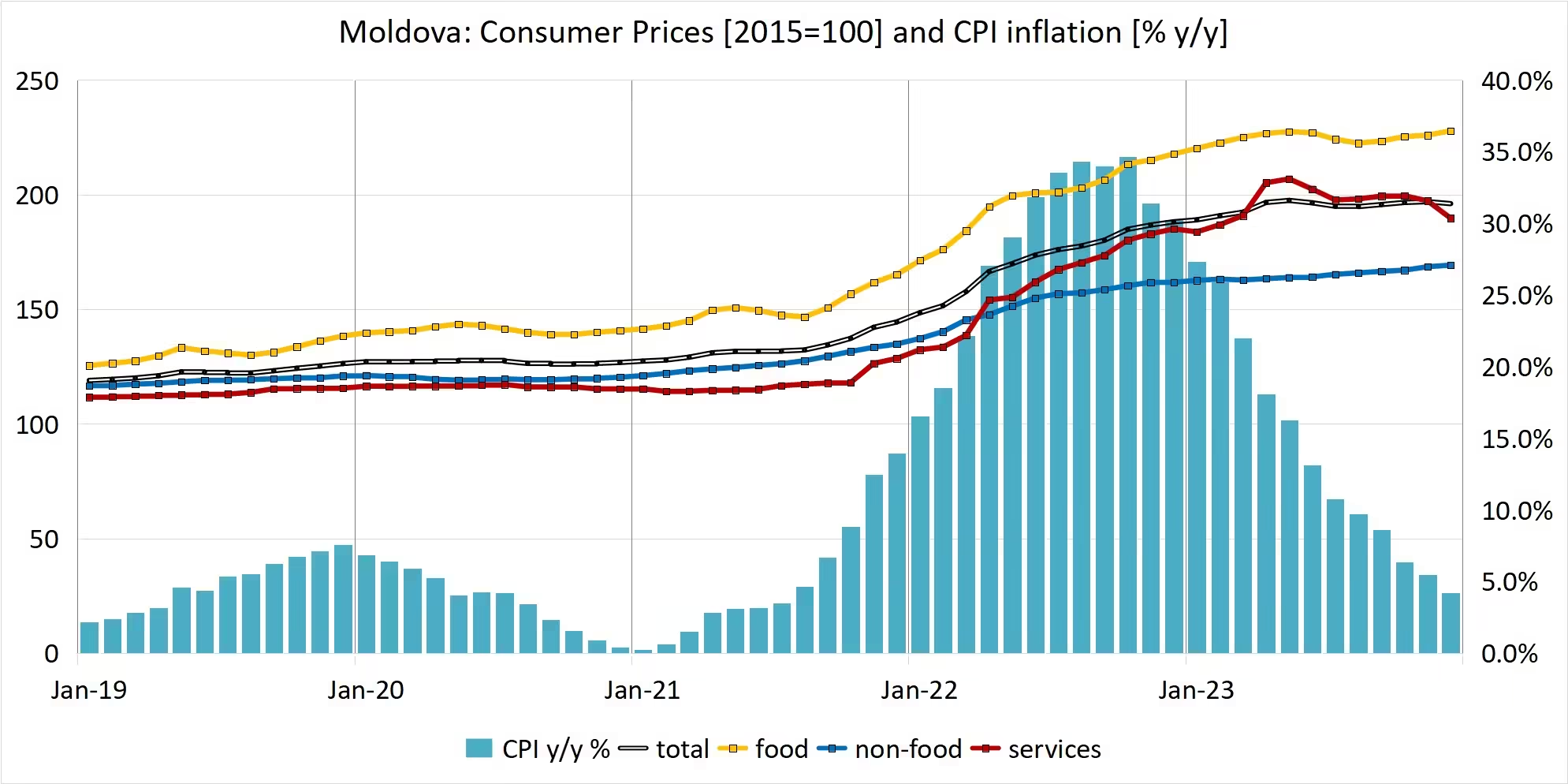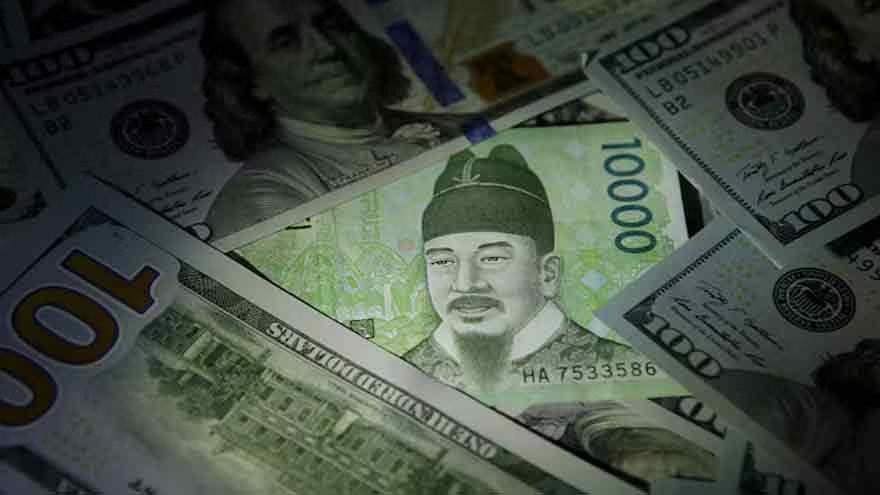Egypt’s annual urban inflation rate continued its gradual decline for the fourth consecutive month in June, easing to 27.5% from 28.1% in May, according to data released by the country’s statistics agency.
This downward trend since a peak of 38% in September 2023 reflects Egypt’s adoption of an inflation targeting model and a flexible exchange rate as part of broader economic reforms. However, analysts have cautioned about potential challenges that could disrupt this trajectory, such as increases in administered prices including fuel, medicine, fertilizers, and natural gas.
Mona Bedeir from Al Baraka bank highlighted Egypt’s ongoing economic reforms over the past 30 months, which include plans to adjust subsidized electricity and fuel prices. These adjustments pose significant challenges to inflation control efforts.
In June, food and beverage prices rose by 30.8% year-on-year, with a 3% increase month-on-month. This increase was partly driven by a 300% hike in the price of subsidized bread effective from June 1, though its impact on overall inflation was tempered by its relatively low weight in the consumer price index and offset by price decreases in other food items.
Bedeir noted that while the current base-year effect helps absorb some expected price hikes, unforeseen factors such as power shortages affecting fertilizer production and potential climate-related impacts could lead to higher food inflation.
Egypt’s economic policies, including austerity measures linked to an IMF financial support package, are aimed at stabilizing the economy. The IMF recently postponed its third review of Egypt’s program to July 29, possibly indicating a need for Egypt to meet certain targets before the disbursement of an $820 million payment.
The evolving economic landscape in Egypt underscores the challenges and adjustments required as the country navigates its reform agenda amid global economic uncertainties.



